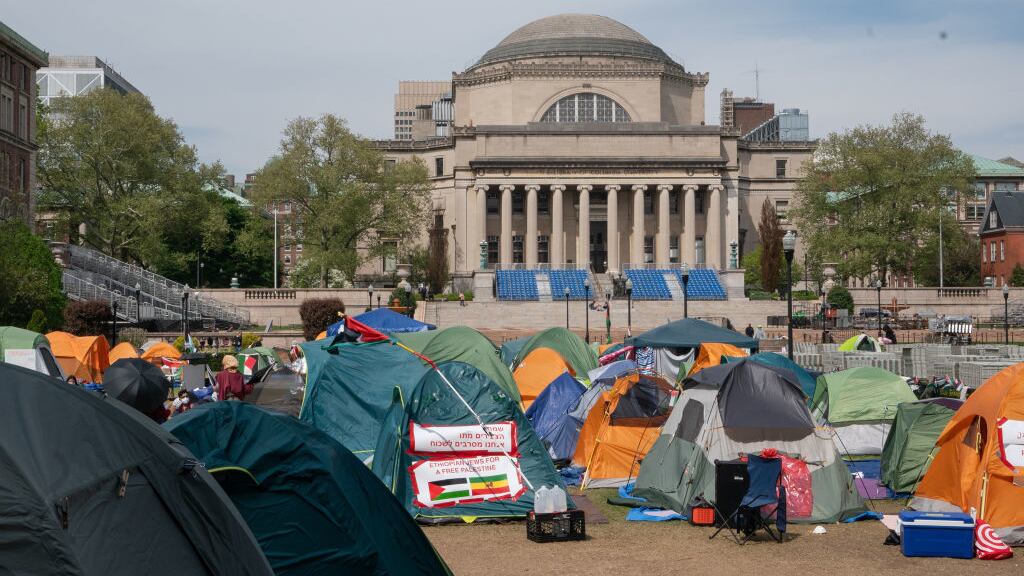U.S. News
Barry Williams/New York Daily News via Getty Images
Columbia Law Review Site Taken Down Over Article Accusing Israel of Genocide
‘UNDER MAINTENANCE’
Editors say the board of directors had pressured them to delay publication of the piece.

Trending Now





